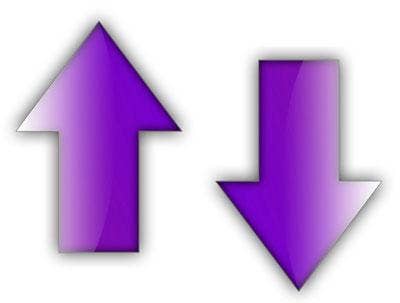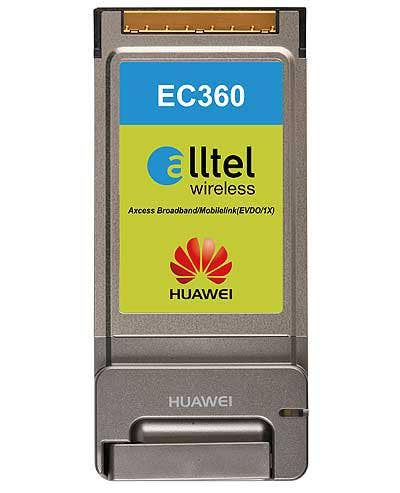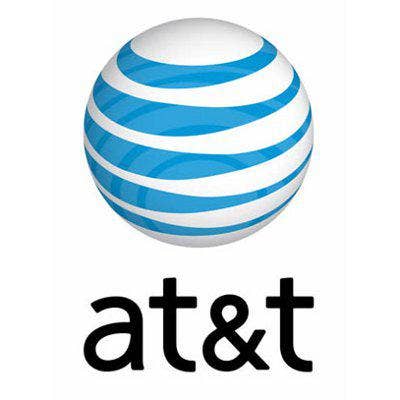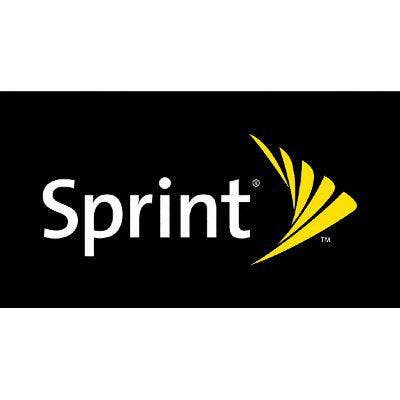Quick Clicks: On The Move With Cellular Data Cards

Solution providers with customers who are always on the move -- you know, the ones whose offices are their cars -- should familiarize themselves with the next generation of wireless service, commonly referred to as "3G." Most of the popular cellular phone providers offer 3G cellular data cards, which allow the laptop or notebook user to hop online anywhere cell service is available, at speeds faster (often much faster) than dial-up. You can offer customers email and scheduling access, secure connections and corporate network connections.
Four carriers in the United States offer mobile cellular broadband. Each uses the EV-DO standard, shorthand for "EVolution Data Optimized." The latest EV-DO standard Revision A, which supports download speeds of up to 3.1 Mbps and upload speeds of up to 1.2 Mbps. However, being the newest means that it is the least widespread. So, if a user roams outside of a carrier's EV-DO's coverage area, speeds will drop to original EV-DO rates: downloads at up to 2.4 Mbps and uploads at roughly 600 Kbps.
Providers offer maps online to help determine coverage areas. The best practice is to be sure the service you select is a return policy that will accommodate you or your customer if service is spotty or nonexistent.

Alltel's Enterprise class service allows information to be sent and received at speeds of up to 144 Kbps with an older, EDGE network or up to 2 Mbps with EV-DO network. Benefits include the ability to determine and monitor which IP addresses can access an enterprise network, and a lower security risk of sending important, confidential business information over the traditional Internet.
Check out coverage here.
Pictured is Huawei's EC360 card, which was first launched in North America in August through Alltel.
Monthly fee: The National Unlimited Data Bundle Rate is $59.99.

ATandT (formerly Cingular) brands its 3G product for PCs as LaptopConnect. LaptopConnect cards are compatible with BroadbandConnect (ATandT's version of 3G) and EDGE (older and slower) networks.
Some models are equipped with Advanced Receiver Technology (ART) with Receive Equalizer and Receive Diversity. ATandT says Receive Equalizer improves 3G performance by reducing signal interference, while Receive Diversity uses additional antennae to enhance throughput and signal reception.
The latest addition to ATandT's 3G lineup with global capabilities is the Option Express HSDPA Card, pictured. The card is HSDPA (High-Speed Downlink Packet Access) Category 6: 3.6 Mbps downlink/384 Kbps uplink; EDGE Class 12: 216 Kbps downlink/216 Kbps uplink.
The Option GT Max 3.6 Express works in lnotebook computers -- even Macs -- with ExpressCard slots or USB ports. The card lists at $249, but with a contract purchase and rebates the cost can drop dramatically.
Monthly access fee: Service plans range from $29.99 to $99.99.

Sprint's Mobile Broadband network offers download speeds of 600 Kbps -- 1.4 Mbps in Rev. A-updated areas. As of last month, a number of Hewlett-Packard business notebooks come packaged with Sprint's mobile broadband network: the HP Compaq 2710p convertible notebook, 6510b, 6910p, 8510p notebooks and 8510w mobile work station can be embedded with the Sprint service. (Prices for the five models range between $959 and $2,049.)
Pictured is Sierra Wireless' Aircard 597E ($129, with rebate and two-year contract), which plugs into an ExpressCard slot (34 or 54 mm).
Sprint lets you test your current mobile (or wired) connection speed here.
Monthly access fee: $39.99 with monthly usage of up to 40 MB; $59.99 for unlimited use.

Verizon Wireless' nationwide wireless Internet service is called BroadbandAccess/NationalAccess. BroadbandAccess is the speedier, and newer, of the two, offering typical download speeds of 600 Kbps -1.4 Mbps, and typical upload speeds of 500 - 800 Kbps. NationalAccess users get slower typical speeds of 400 - 700 Kbps (maximum download speed burst to 2 Mbps) and typical upload speeds of 60-80 Kbps (peak speed bursts to 144 Kbps).
Pictured is the V740 ExpressCard ($129, with two-year contract), which is Rev. A capable. VZAccess Manager must be downloaded to use the device.
An interactive map of Verizon's Wireless Network can be found here.
Monthly access fee: $59.99